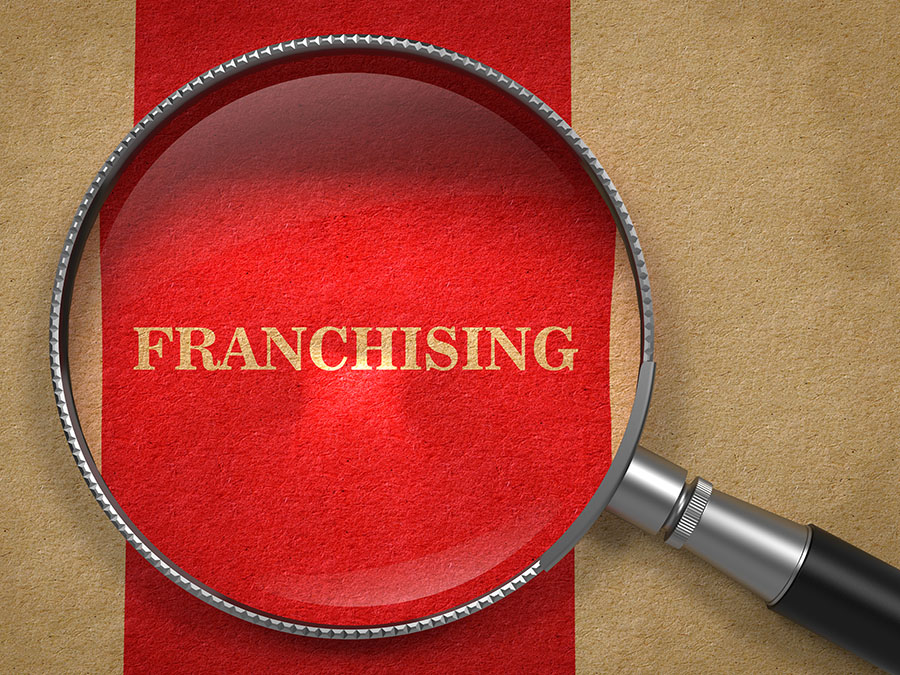Sold But Not Open: Why and When Franchises Never Open for Business
2017 Facts & Figures Report Published on March 08, 2017Share Tweet Share
Franchise Grade is the leading franchise research company in the world. Our goal is to be the first to introduce you to industry trends. This is how we do it – our database – which includes:
- 20 million data points
- 450 thousand franchise contacts
- 18 thousand candidate profiles
- 12 thousand executive contacts
- 10 thousand Franchise Disclosure Documents (FDD)s
- 4 thousand franchise systems
Franchise Grade data scientists scour this database to discover and analyze relevant content with the intention of educating franchising stakeholders and introducing them to key opportunities. We input all this data, all this specialized insider knowledge, into our Facts and Figures report and deliver it directly to you.
Facts and Figures Report
Franchise Grade offers you the Facts and Figures Report “Sold But Not Open: Why and When Franchises Never Open for Business”. In this report, you’ll find detailed information on an overlooked category in Item 20 of the FDD, which includes franchise agreements that are signed, but not yet opened – also known as – Sold but not Opened (SBNO). We analyzed 1,003 franchise systems from 2012 to 2015, as well as compared 10 franchise sectors in order to properly evaluate the data. Read on to find out why you should be cautious with your franchise investment when the SBNO doesn’t convert into increased franchise locations.
Not sure how much can you afford?
Fill out our Franchise Affordability Calculator


Voyage Franchising
Related Articles
A Study of Ongoing Fees Between 2013 and 2016
We have completed a study on the changes in Ongoing Fees in the franchise industry using our data from 2013 – 2016 to publish the report.
The Franchise Disclosure Document Shouldn’t be a Secret
A Franchise Disclosure Document (“FDD”) presents key components of the franchise program including the obligations of the franchisor and franchisees.
The Complication of Buildouts in FDDs
As franchise system development becomes more competitive franchise systems are employing a new strategy to grow their brand and increase franchise sales.
Historical Trends of Key Franchise System Metrics
The composition of the franchise investment differs in key areas such as: franchise fees, royalty rates, territory protections and Item 19 disclosures.
Maximize the Power of Data to Sell More Franchises
Data has become essential to having a successful franchise development team. Those that maximize the power of data will sell more franchises.
Item 20 Errors Reflects on Franchisor Performance
When reviewing an FDD, we always keep our eyes out for any errors. The error that is the most troublesome for us is when we see Item 20 errors.








